Working in a cubicle can make you feel like the walls are closing in on you, and that’s not even mentioning how much time it takes to get to work every day.
But with so many workers unhappy with their jobs, more and more people are choosing to work from home and want to know the pros and cons of working remotely.
According to the State of Remote 2021 by Buffer, 97% of remote workers would recommend working remotely to others. It goes without saying that it is an impressive fact.
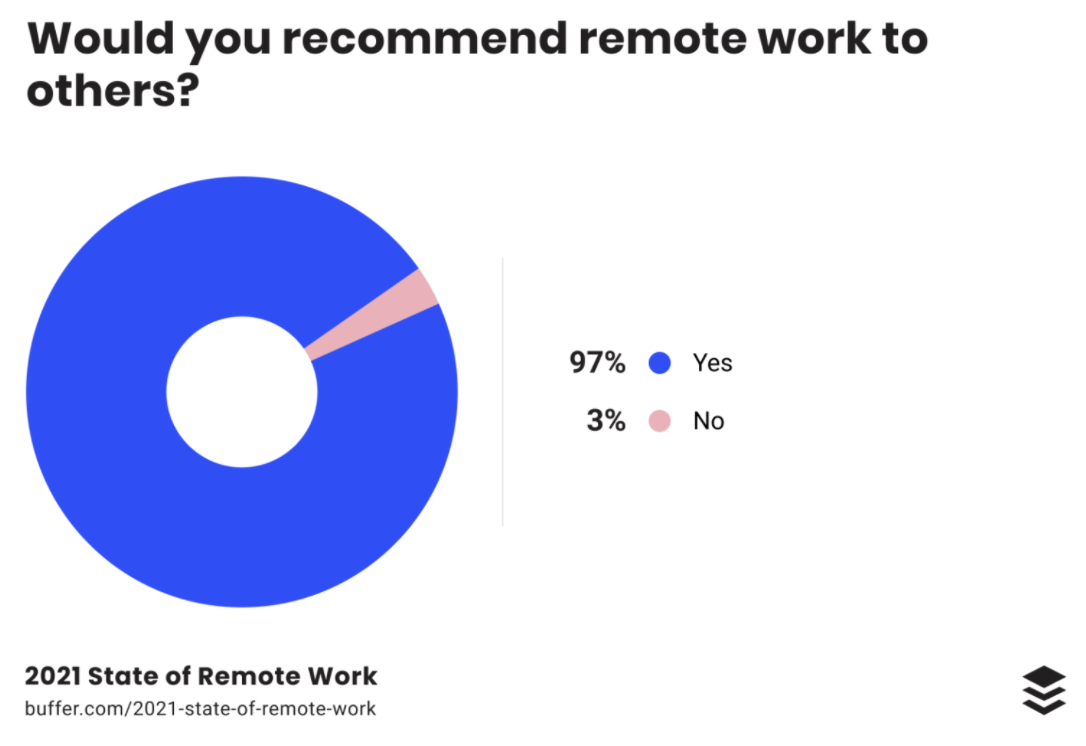
Let’s go through the main pros and cons of working remotely that you have to know as either a remote employee or freelancer.
What Are The Pros And Cons Of Working Remotely For Both Employers And Employees?
First of all, the expenses are reduced for both parties. Employees don’t spend money commuting or at the canteen. On the other hand, employers don’t need to consider electricity bills, rent, and other benefits.
Secondly, both employees and employers get to spend more time with their family or working out and this highly increases work/life balance.
However, on the other hand, isolation is real and is one of the drawbacks of working remotely for employees and employers. Communication can be an issue and we’ll go deeper into that in this full guide.
Last but not least, one of the disadvantages for both employers and employees working online is the distractions. Whether it’s the notifications on the phone or children crying at home or social media, it can get easy to think of other things than work.
Pros And Cons Of Working Remotely – The Benefits
There are many pros and cons when talking about working online. Let’s first go through the biggest benefits of working remotely.
You Get More Things Done – Increased Productivity
Working remotely can highly boost your productivity. Who needs distracting office work when you could work from the comfort of home with limited human interaction?
Employers have found this to be an effective way to increase their employees’ efficiency and limit operational expenses, too.
As a freelancer myself, I can proudly say that working remotely greatly increased my productivity compared to my 9-5 job at the office.
What Makes You More Productive Working Remotely?
There are a few factors that increase productivity when working from home. First, there are fewer distractions. Colleagues coming at your desk, a short walk to the nearby canteen, or chit-chat with co-workers highly impact productivity at the office.
Also, according to a survey by Airtasker, employees working online take more breaks and, therefore, gain productivity. On average, a remote worker takes 22 minutes of the break against 18 for on-site workers. This ends up being unproductive respectively 27 and 37 minutes per day.
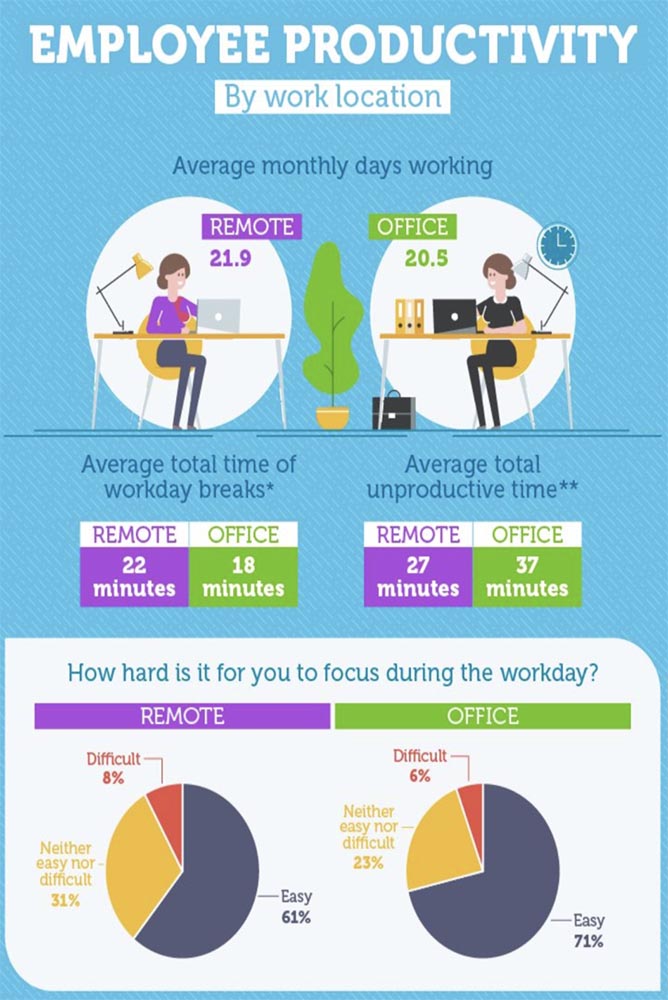
In plain words, working from the office can make you waste at least one hour every week and that’s precious time saved when working from home.
Flexible Schedule
Flexible hours will make your life easier and allow you to care for the many urgent responsibilities in it.
Buffer’s State of Remote 2020 revealed that 32% of workers find that having a flexible schedule is the biggest benefit to working remotely.
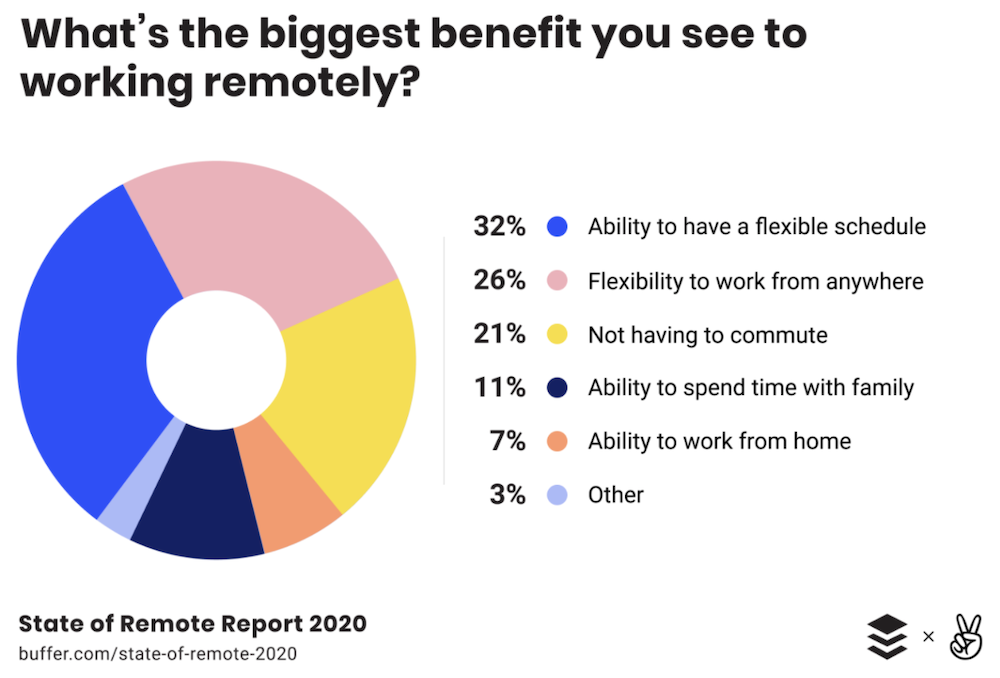
With flexible hours, there is also no need to worry about getting ready for work or commuting.
This results in less stress on yourself and more contentment with your career!
As a whole, having a flexible schedule is one of the best advantages of working remotely. Employers give better flexibility which promotes employee retention rates and ultimately means they work more and better.
You’ll Save Time And Money
Did you know that, by removing your commute to work every day, not only could you be saving thousands of dollars in commuting expenses each year but also many precious hours a week?
In 2018, the Washington Post revealed that the average American spent 225 hours a year commuting. That’s the equivalent of 9 full calendar days.
On top of that, it’s important to mention that it easily ends up in thousands of dollars lost on gas, parking fees, or subway fares.
There are a lot of things you can do with your newfound free time. For instance, work on a future passive income, find freelance work and clients online, or even become an Uber driver.
In plain words, saving time and money is one of the best benefits of working remotely. Needless to say, it will highly increase your work/life balance.
Pros And Cons Of Working Remotely – The Disadvantages
You’ll Collaborate Less With Co-workers
Working remotely isn’t always a bad thing. In fact, for some, it can be distracting and reduce productivity.
However, for others, working in an office is a fun and great way to meet new people or work better on projects with your colleagues.
You never know how much collaboration will help one achieve their work goals more efficiently until they try collaborating themselves. And it is clearly one disadvantage of working remotely.
According to the communication software giant’s report Slack about remote work, 21% of non-Slack users find communication at work challenging.
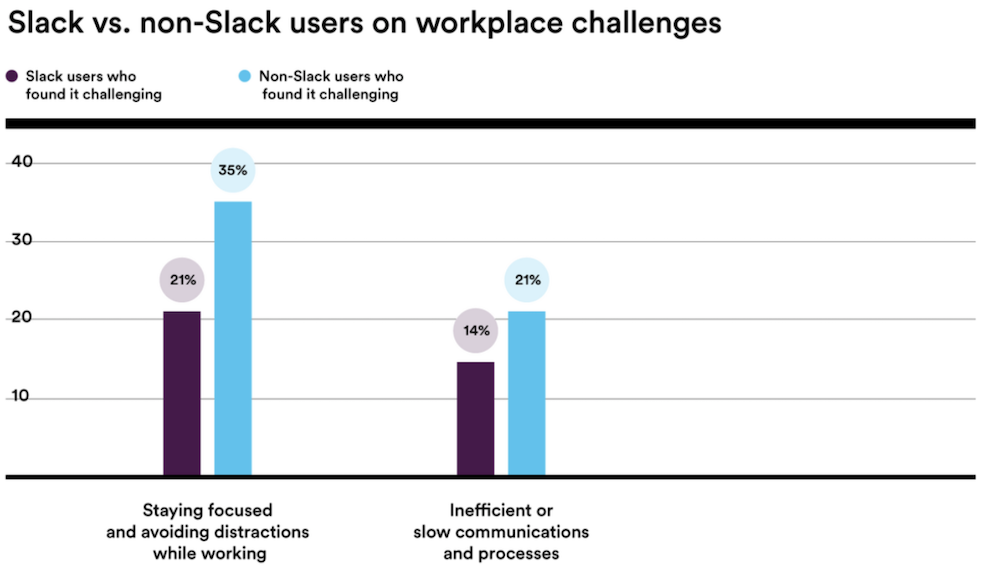
Other than being helpful at work, collaborating can also prove quite fun too. Whether it’s about sharing ideas with your team or talking about company updates, every opinion counts and it’s not as easy when working remotely.
All in all, working remotely can be quite a lonely experience, especially when working as a freelancer. But, of course, you’re still able to collaborate and work with your colleagues without having to share a physical space with them.
Last but not least, I recommend using tools such as Slack, Asana, or Skype to better communicate with your colleagues at work.
Working Remotely May Limit Promotions
When working remotely, it is not always easy to advance in the company and receive promotions or raises, no matter how good you are.
Make sure to always keep in touch with your colleagues and deliver the results on time. Working hard while being remote needs recognition just as much as a desk job does.
By communicating often with our superiors, they’ll know how well you produce quality results on time.
Though it can be difficult to stay in the loop when working remotely, there are some ways of keeping your colleagues aware of what you’re doing. This will, eventually, get you in the spotlight and get you a promotion.
That is to say, promotions happen in cloud-based companies, just like in normal office jobs. They’re just more difficult to get, hence, making it one of the disadvantages of working remotely.
Cyber Security Risks
The dangers of working and traveling are innumerable, but one that can be avoided easily is taking the risk posed by using an unsecured public network.
A VPN protects your online anonymity while you’re away from home and makes it more difficult for hackers to monitor what you do and steal your information.
The BBC reported that, in April 2020, Google blocked over 18 million malware every day. Needless to say, staying safe online has become a massive priority if you work online.
The most common information stolen by hackers are:
- Bank statements
- Various passwords
- Credit card information
- Company and customers’ data
Working safely online with a service such as NordVPN will greatly increase protection and get you away from hackers and protect your and your company data.
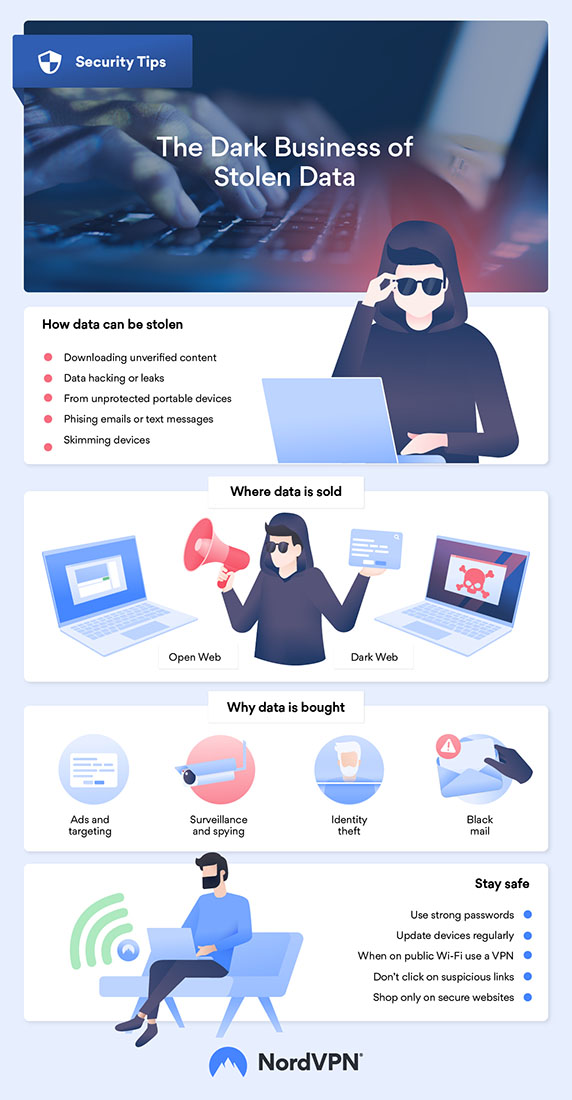
In addition, public networks found in hotels and airports are unsecured which gives an extra risk when working.
To sum up, financial statements, as well as passwords and personal data, can potentially get hacked if not taking precautions like this!
My Take On The Pros And Cons Of Working Remotely
Working remotely can be so much more fulfilling than in-office work. You will have complete autonomy as to what hours you would like to work and when which means that all of your time is yours for the taking.
If you are a parent who has children at home or if you need some extra space due to family obligations, remote working might just be right up your alley!
The cons? Well, they’re not always easy – many people report feeling isolated from their team members while away from the office because there isn’t an opportunity for socialization.
In conclusion, working from home can be a great opportunity for those with the right personality type. Remote working offers flexibility and convenience, but it has its drawbacks as well.







